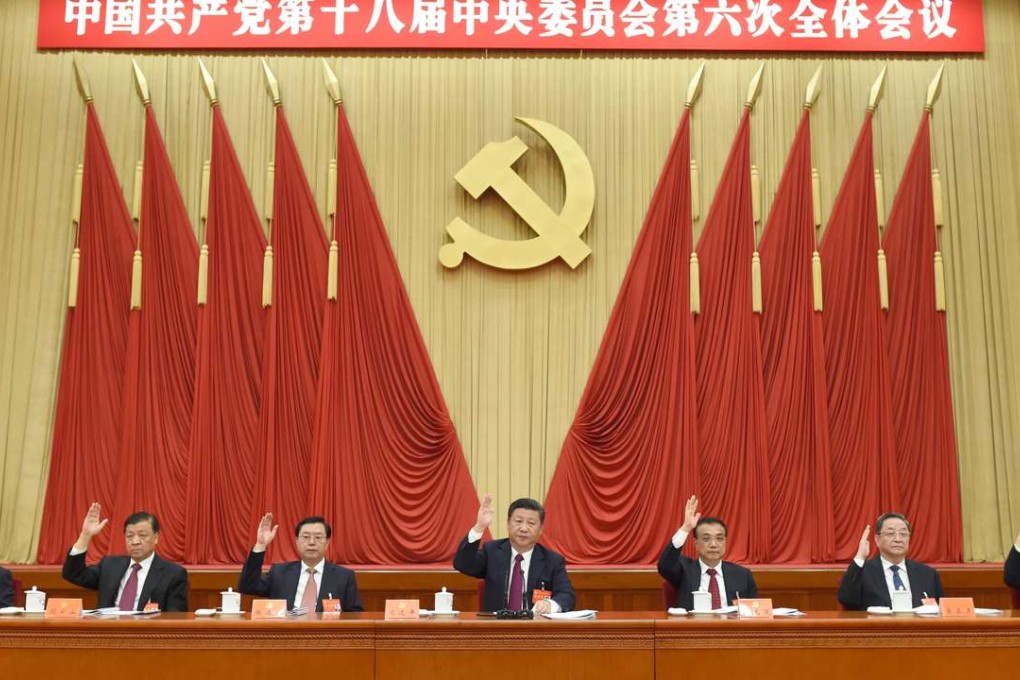Advertisement
In ‘core leader’ Xi Jinping’s China, discipline trumps corruption when it comes to reform
Tim Collard says the drive to address popular discontent at abuse of power may have seen big heads roll, but top-down iron discipline can only have a limited effect on corruption in a country too big for constant surveillance
Reading Time:3 minutes
Why you can trust SCMP
0

The two great watchwords of President Xi Jinping’s ( 習近平 ) internal reform programme have been “corruption” and “discipline”. China, and the ruling Communist Party in particular, needs less of the former, more of the latter.
At the beginning, the emphasis was more on addressing widespread popular resentment at abuse of power by officials, often involving demands for bribes.


China’s Supreme Court takes aim at disgraced Zhou Yongkang and Bo Xilai
But the problem of corruption has not been solved even by such powerful deterrents. Although no one can be certain of absolute immunity, it is clear that many officials see the chance of being caught as too small to worry about. When major explosions killed more than 170 people at a chemicals warehouse in Tianjin (天津) in August last year, an investigation revealed that safety, licensing and customs procedures had been disregarded: it was not suggested that money had changed hands, but it was clear that officials had not done their jobs properly, possibly due to close contacts – guanxi – with the company management. Over a year later, reports suggest that the recommendations of the subsequent inquiry have not been duly implemented. The Tianjin authorities are clearly not living in great fear of the corruption and discipline agencies.

Advertisement